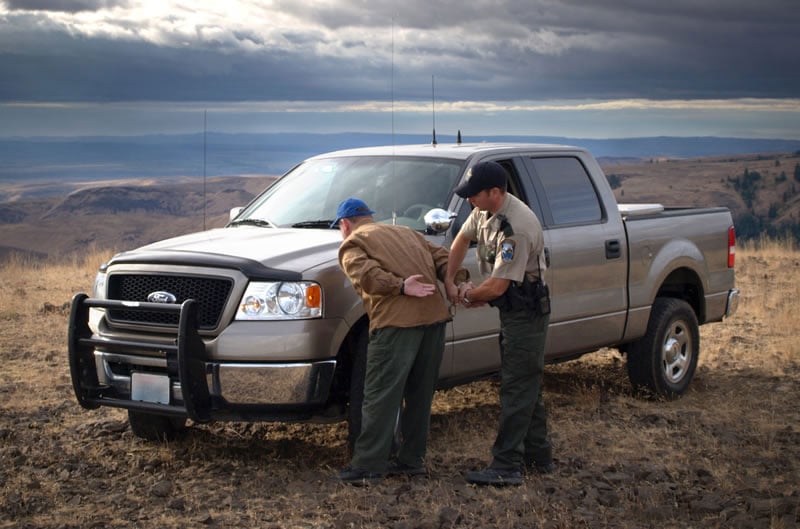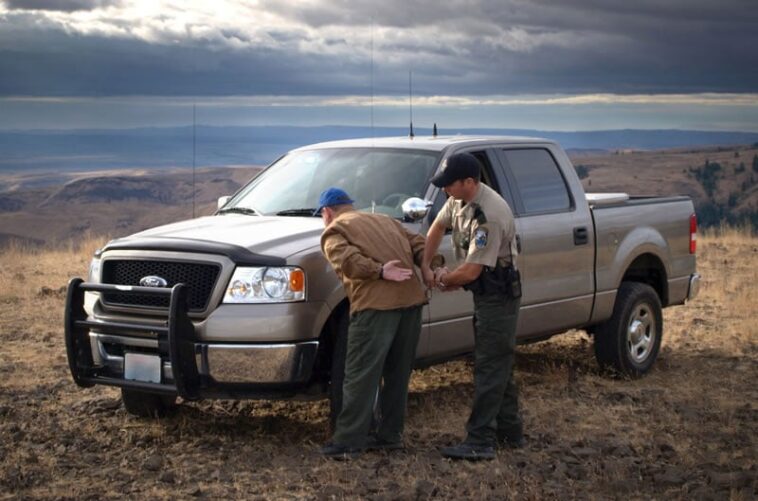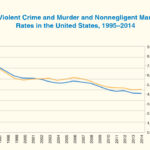
Conservation or Tragedy: A Deep Dive into the Uganda Wildlife Authority’s Challenging Role
Back in 2023, Mongabay ventured to Uganda’s Queen Elizabeth National Park to report on the East Africa’s protected areas. The expedition revealed disconcerting allegations of extrajudicial killings by rangers of the Uganda Wildlife Authority (UWA) against suspected bushmeat poachers. These incidents have led us to question whether wildlife enforcement has increasingly blurred into violence and whether the current aggressive practices of conservation enforcement is effective.
The Harsh Realities in Queen Elizabeth National Park
The Queen Elizabeth National Park, often fondly referred to as “Queen,” covers an impressive 2,000 square kilometers of diverse ecosystems. Despite being one of Africa’s last bastions of wild biodiversity, it’s plagued by bushmeat poaching. Poachers pose a serious threat to the ecological balance of the park, targeting valuable wildlife like hippos, elephants, and antelopes. Allegedly, these criminals are met with fatal force by the park’s UWA rangers. Are such drastic measures necessary or warranted, or is it the symptom of militarized conservation?
Militarized Conservation: A Necessary Evil or a Severe Mistake?
Over the years, the increasing militarization of protected area policing has started to raise several contentious questions. Adopting a military-style approach has often enabled stricter law enforcement and donor funding opportunities. But at what cost? While militarized conservation has meant stricter law enforcement and increased donor funding opportunities, the human toll questions this approach’s ultimate efficacy.
Allegations of violence and extrajudicial killings against rangers from the Uganda Wildlife Authority have raised concerns about human rights abuses. These concerns are primarily related to this militarized approach of the UWA towards protected area policing, rather than focusing on building trust with the local communities.
The Impact on Local Communities
Local subsistence hunters are undoubtedly the most affected by these conservation enforcement practices. They reportedly risk potential imprisonment and, in the worst cases, death just to acquire bushmeat either for personal consumption or for local selling. The relative gain from hunting is indeed significant in a region where the estimated average income is meager.
Human Rights Issue Entangled in Conservation Challenges
The continual deaths of these men create ripple effects throughout their communities — from widows struggling to support their families to intensified hostility towards conservation efforts. Yet, despite these serious consequences, local poachers continue to venture into the park, indicating a failure of conservation enforcement practices.
Making Conservation Efforts Sustainable and Human-Centric
This crisis unearths a glaring question – are we doing conservation right? While it is crucial to thwart poaching to safeguard our planet’s biodiversity, human rights cannot be infringed in the name of wildlife conservation.
UWA’s militarized anti-poaching approach may deter some poachers, but it has only exacerbated resentment among local communities. For conservation efforts to be truly effective, it’s important to adopt strategies that respect human life and would not alienate the local community.
Effective conservation is an intricate balance of preserving wildlife and respecting human rights. For every life lost in the name of conservation, we risk losing trust in local communities who are critical partners in making sustainable conservation efforts.
*Editor’s Note: This opinion reflects the viewpoint of the author, and not necessarily the editorial position of Mongabay.org or Wild Madagascar.
Originally Post From https://news.mongabay.com/2024/12/killed-while-poaching-when-wildlife-enforcement-blurs-into-violence/
Read more about this topic at
Brutal methods for dealing with troublesome wildlife
Controversial Conservation Topics? : r/ecology


